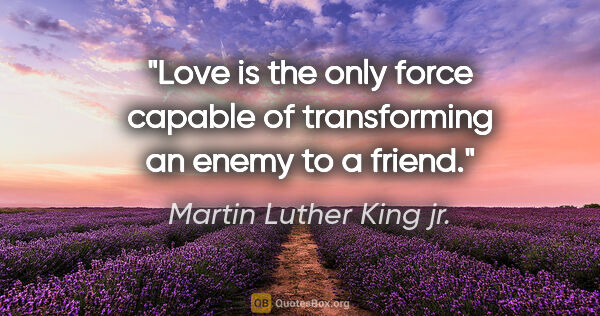Capable Quotes (page 31)
If someone is capable of loving his partner without restrictions, unconditionally, then he is manifesting the love of God. If the love of God becomes manifest, he will love his neighbor. If he loves his neighbor, he will love himself. If he loves himself, then everything returns to its proper place.
Paulo Coelho
A gesture cannot be regarded as the expression of an individual, as his creation (because no individual is capable of creating a fully original gesture, belonging to nobody else), nor can it even be regarded as that person's instrument; on the contrary, it is gestures that use us as their instruments, as their bearers and incarnations
Milan Kundera
Faith is not an art. Faith is not an achievement. Faith is not a good work of which some may boast while others can excuse themselves with a shrug of the shoulders for not being capable of it. It is a decisive insight of faith itself that all of us are incapable of faith in ourselves, whether we think of its preparation, beginning, continuation, or completion. In this respect believers understand unbelievers, skeptics, and atheists better than they understand themselves. Unlike unbelievers,...
Karl Barth
Shelby believed that love was like a solar eclipse - breathtakingly beautiful, absorbing, and capable of rendering you blind. She had not necessarily gone out of her way to avoid a relationship, but she hadn't wanted on either. It was called falling in love for a reason - because, inevitably, you crashed at the bottom.
Jodi Picoult
Heather Badcock meant no harm. She never did mean harm, but there is no doubt that people like Heather Badcock (and like my old friend Alison Wilde), are capable of doing a lot of harm because they lack - not kindness, they have kindness - but any real consideration for the way their actions may affect other people. She though always of what an action meant to her, never sparing a thought to what it might mean to somebody else.
Agatha Christie
Confident that cast-iron walls separate our nature and situation from theirs, comfortable in the well-broken-in saddle of our high horse, we have exchanged our capacity to be tolerant for detachment and derision.
It is the tragedian's task, then, to force us to confront an almost unbearable truth: every folly or myopia of which any human being in history has been guilty may be traced back to some aspect of our collective nature. Because we each bear within ourselves the whole of the human...
Alain de Botton


